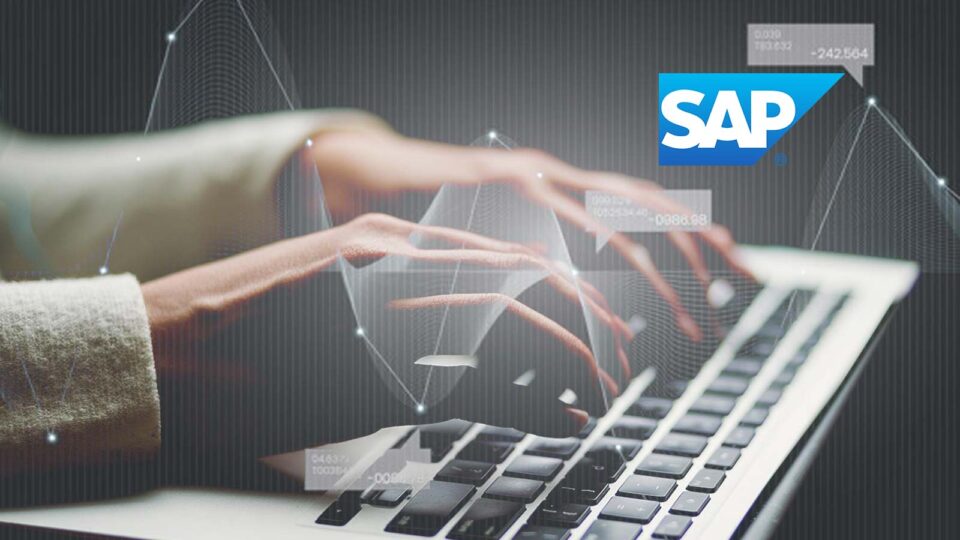SAP SE announces the availability of SAP Responsible Design and Production, a solution for designing products sustainably and transitioning to a circular economy. This is the latest offering in a growing portfolio of sustainability-specific software applications that help businesses increase their measurement and data management capabilities.
As sustainable business regulations, such as plastic taxes, are put in place, the SAP Responsible Design and Production solution enables brands to accelerate their transition to circular-economy business practices. The new solution helps companies gain better visibility of material flows through their processes including tracking and complying with rapidly changing regulations, especially those concerning product packaging and plastics. As businesses increasingly develop sustainable products, managing materials and regulatory data is becoming one of the most complex challenges across the consumer industry today.
Top iTechnology Cloud News: Era Software Announces EraCloud for Managing Petabytes of Log Data in Real-Time at Up to 90% Lower Cost than Alternatives
“The circular economy is based on three principles, driven by design — eliminate waste and pollution, circulate products and materials, and regenerate nature,” said Andrew Morlet, CEO, Ellen MacArthur Foundation. “Digital solutions play an important role in the transition to a circular economy. They enable businesses to embed circular practices across their operations, from designing products to reduce waste from the outset, to tracking the lifecycle of the materials they use.”
With SAP’s new solution, businesses can embed circularity principles into core business processes, helping eliminate waste and unlock new value by designing products to be sustainable from inception. For example, a shampoo brand manager has visibility into the full product lifecycle, including their extended producer responsibility (EPR) obligations and the plastic taxes of different markets. This visibility helps the brand manager make design changes to reduce waste and decisions on how to lower the costs of the downstream reuse and recycling systems.
“Every year, we use almost twice the amount of resources than the planet can regenerate,” said Scott Russell, member of the Executive Board of SAP SE and head of Customer Success, “Business can play a crucial role in keeping value in our systems for longer through smart, responsible product design that reuses resources rather than disposing of them. There is inherent complexity in designing products that eliminate waste and use responsible materials, but SAP Responsible Design and Production tackles that complexity and offers a ‘gold-standard’ solution to our customers, helping to deliver circular products and achieve a regenerative economy.”
Top iTechnology Cloud News: Lucidworks Reports Accelerated Investment in Cloud-Based Solutions from Top Commerce Brands
SAP Responsible Design and Production, a cloud-native solution co-developed with Accenture on SAP Business Technology Platform, provides tailored intelligence that enables businesses to keep pace with EPR regulations and plastic taxes, embed circularity principles into core business processes and optimize design for sustainable business. Learn more by reading the blog “Helping Business Thrive in a Circular Economy.”
SAP has led by example as a sustainable business for more than a decade. In addition to being named the software industry leader in the Dow Jones Sustainability Indices (DJSI) for 14 consecutive years, the SAP Integrated Report and SAP’s membership in the Value Balancing Alliance illustrate our commitment to integrating economic, environmental and social performance to drive business decisions.
Top iTechnology Digital Transformation News: Creatio Partners with Whale Cloud to Accelerate Digital Transformation for Telcos
[To share your insights with us, please write to sghosh@martechseries.com]


